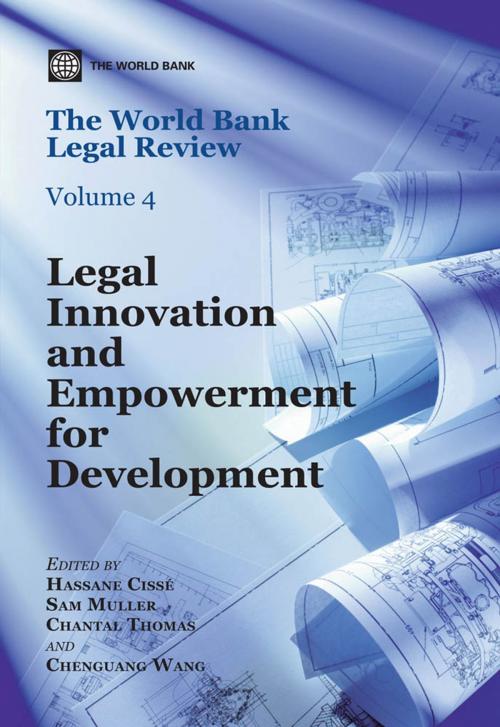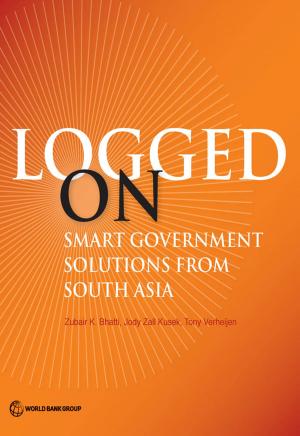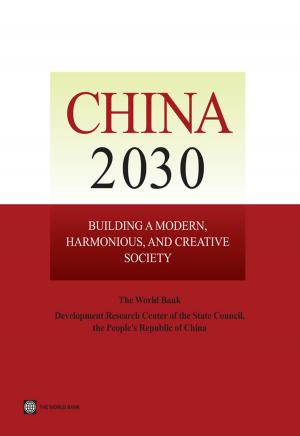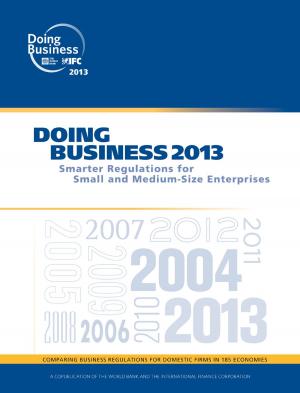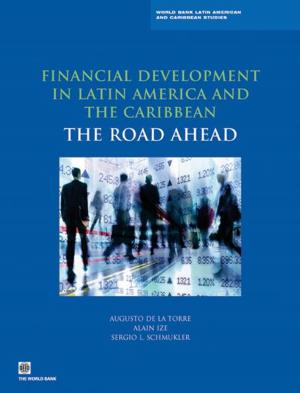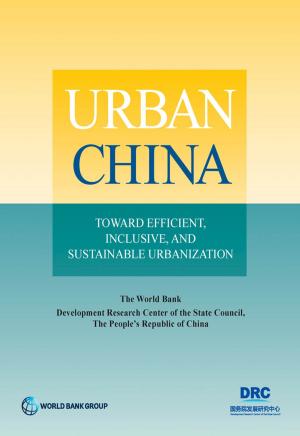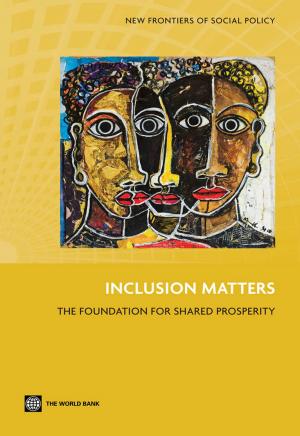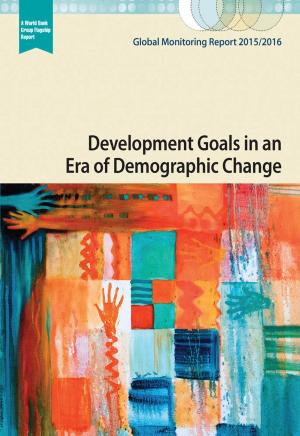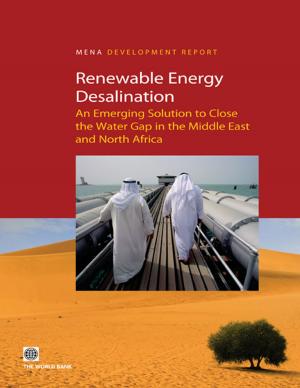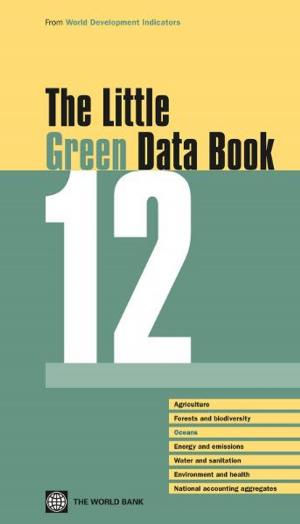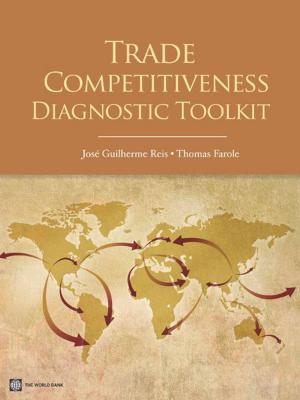The World Bank Legal Review
Legal Innovation and Empowerment for Development
Nonfiction, Reference & Language, Law, Jurisprudence| Author: | ISBN: | 9780821395073 | |
| Publisher: | World Bank Publications | Publication: | December 11, 2012 |
| Imprint: | Language: | English |
| Author: | |
| ISBN: | 9780821395073 |
| Publisher: | World Bank Publications |
| Publication: | December 11, 2012 |
| Imprint: | |
| Language: | English |
Much has been written about the role of law in furthering development. More analysis and debate is needed to understand more fully the true nature of this role. The World Bank Legal Review collects much of this debate and analysis, contributed by scholars and practitioners from around the world. The subtitle of the volume, Legal Innovation and Empowerment for Development, focuses attention on how the law can respond to the challenges posed to development in a world slowly emerging from a protracted economic crisis. “Innovation” in law means new strategies and ways of thinking about what the law can do in the development realm. “Empowerment” can mean many things, such as how to place the law into the hands of the poor. The two concepts are linked by their relevance to the future of law as a force for development. This volume contains essays that examine legal innovations and efforts at empowerment worldwide, in individual countries and in the broader international system more generally. Contributions have been collected from scholars and practitioners from across the world. The World Bank Legal Review is an important contribution to the scholarship of law and development.
Much has been written about the role of law in furthering development. More analysis and debate is needed to understand more fully the true nature of this role. The World Bank Legal Review collects much of this debate and analysis, contributed by scholars and practitioners from around the world. The subtitle of the volume, Legal Innovation and Empowerment for Development, focuses attention on how the law can respond to the challenges posed to development in a world slowly emerging from a protracted economic crisis. “Innovation” in law means new strategies and ways of thinking about what the law can do in the development realm. “Empowerment” can mean many things, such as how to place the law into the hands of the poor. The two concepts are linked by their relevance to the future of law as a force for development. This volume contains essays that examine legal innovations and efforts at empowerment worldwide, in individual countries and in the broader international system more generally. Contributions have been collected from scholars and practitioners from across the world. The World Bank Legal Review is an important contribution to the scholarship of law and development.
